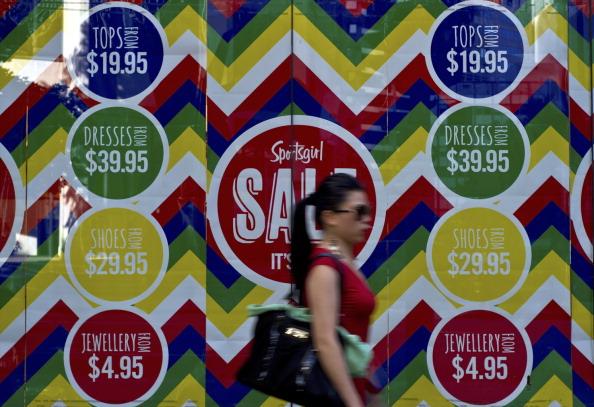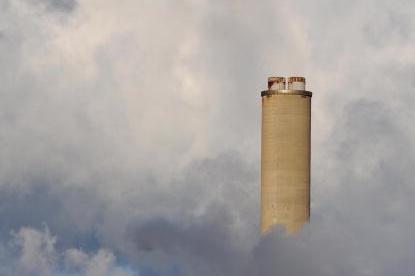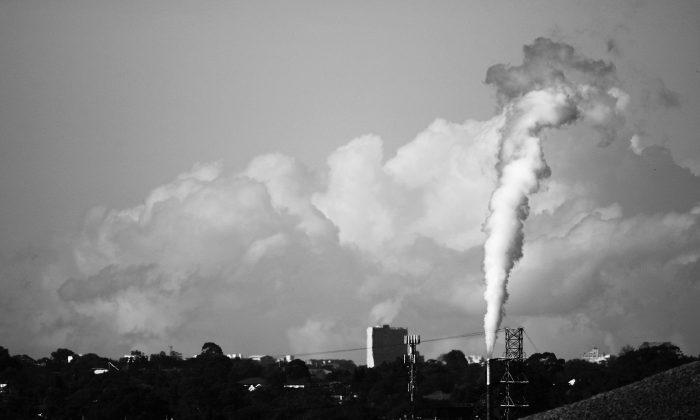The Australian economy remained sluggish in the September quarter according to figures from the Australian Bureau of Statistics released on Dec 4. The figures may suggest tough times ahead for the economy.
Gross domestic product (GDP) increased by 0.6 per cent in the September quarter, bringing annual growth down to 2.3 per cent (from 2.4 per cent in the June quarter). The results were below the 2.5 per cent expected by the market.
“There was very little in the September quarter national accounts to support any optimism about the economy,” said Westpac in a release.
Government investment was the primary driver of economic growth in the quarter contributing 1.3 per cent while net exports added an additional 0.7 per cent.
The biggest drag on growth was in non-residential construction taking 1.3 per cent off GDP.
But the biggest concern remains weak consumer spending which grew only 0.4 per cent in the quarter, 1.8 per cent over the year, well below its 3.5 per cent trend.
The 2 per cent increase in disposable incomes had little impact on the economy as households chose to hold onto their hard-earned cash. This was reflected in the household savings rate which increased to 11.1 per cent – up 0.9 per cent since June, and an ongoing indicator of cautious households.
“It means that you can’t expect to see consumption as a major driver of growth in the economy. We really need to see housing continue to recover and we also need to see other areas like non-mining business investment picking up,” said Citibank chief economist Paul Brennan, according to The Sydney Morning Herald.
Budget ‘Deterioration’
The Federal Treasurer Joe Hockey continued to point fingers at the previous government for the lacklustre economic indicators. Mr Hockey highlighted that the “figures clearly illustrate the fact that budget has deteriorated significantly.”
“The fact is the economy is stuck in second gear,” he told reporters in Canberra on Dec 4.
“We have inherited an economy with below trend growth, rising unemployment and a deteriorating budget.”
RBA Holds Firm
The lower than expected growth is unlikely to immediately spark another rate cut, according to Commonwealth Bank chief economist Michael Blythe. Instead the central bank is more likely to prompt depreciation in the currency to promote growth.
“The interest rate sensitive parts of the economy are moving the way they want – not as clear as it could be in this data,” said Mr Blythe.
“We’ll hear them continuing to talk about the need for a lower currency to help with the growth transition.”
This view is aligned to the recent comments made by RBA Governor Glenn Stevens after deciding to leave the cash rate on hold at 2.5 per cent this month.
“A lower level of the exchange rate is likely to be needed to achieve balanced growth in the economy,” said Mr Stevens.
As the dollar falls and the effects of previous easing of policy continue to run through the economy the RBA is likely to continue their wait and see approach to weigh up if a further rate cut is necessary.



